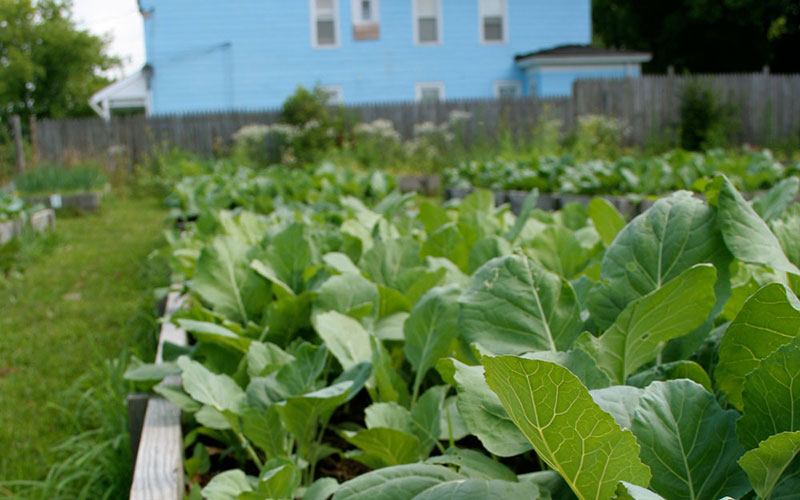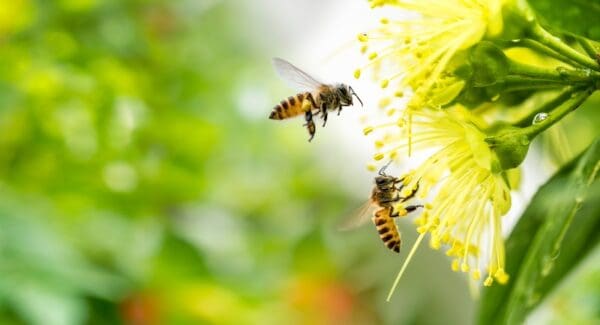
This blog post is the first in a series about the launch of Rhode Island’s first food strategy, an action plan that aims to preserve and grow the agriculture and fisheries industries, decrease food insecurity, minimize food waste, and sustain markets for locally grown food.
Rhode Island took a historic step this past month with the launching of the state’s first comprehensive food strategy, a plan to grow and sustain markets for locally grown food for the good of communities, the environment, and the economy. It is a major step that supports Conservation Law Foundation’s (CLF’s) advocacy to create resilient regional food systems that increase food access, create jobs, support regional economies, and reduce carbon emissions.
Rhode Island is becoming known for its local food scene, which contributes $2.5 billion in sales to the economy annually. However, many underserved communities still lack access to fresh food and many local farmers and food producers struggle to find the support they need to thrive.
Understanding the need to address these issues, and the opportunity to build on Rhode Island’s leadership in sustainable growth and innovation in farming and the food system, Governor Gina Raimondo named the state and nation’s first Director of Food Strategy, who launched a five-year food strategy action plan.
In 2014, Food Solutions New England released a bold vision for the region: By 2060, 50% of the food consumed in New England will be produced in the region. With the launch in May of the Rhode Island Food Strategy, the smallest state in the nation took a giant step toward reaching that ambitious goal.
The plan provides five integrated focus areas, each with priority actions. In this series of blog posts we will explore the food strategy in depth, noting how our work ties in with this larger vision for Rhode Island.
CLF has already been at the forefront of advancing many of the goals of the Rhode Island Food Strategy through its food and farm initiatives like the Legal Food Hub. Since its launch in 2016, the Legal Food Hub in Rhode Island has supported diverse farmers and food entrepreneurs, and provided tools, resources, and education to the local food community. The CLF Legal Food Hub is integral to the success of initiatives like the Rhode Island Food Strategy.
CLF is dedicated to doing what we can to ensure the successful implementation of the strategy, and will be collaborating with other stakeholders on preserving and growing our local and regional food system. As Governor Raimondo stated, “Food is personal; as a little kid, I learned how to cook, how to respect food, how to value food, and how life-giving food can be, and how essential it was to bringing people together.”



